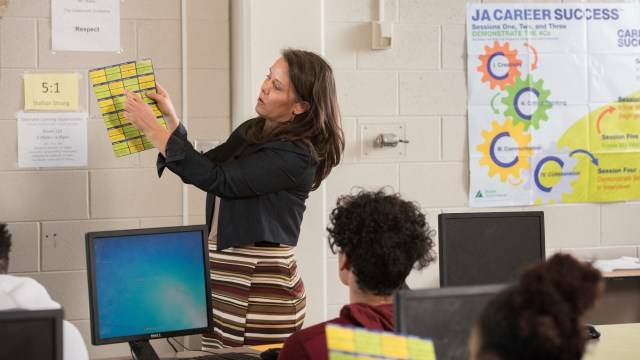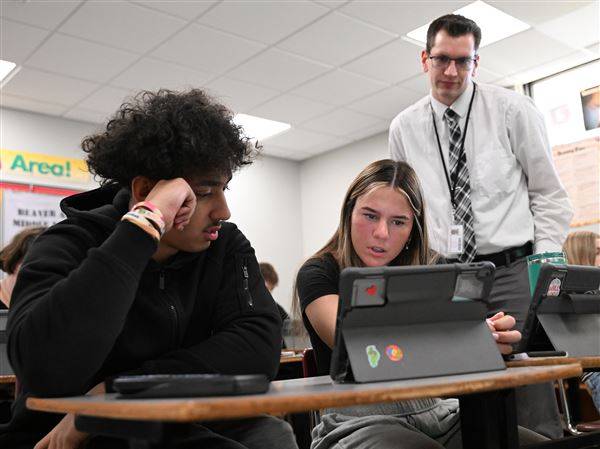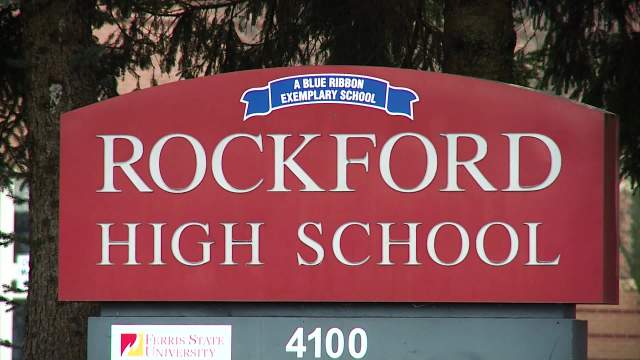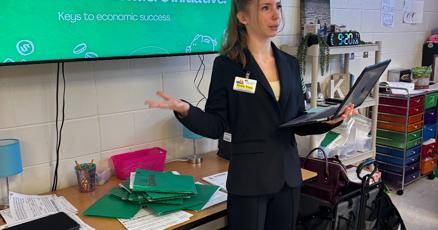For more insights on education and technology, visit our education section at Epochedge education, and explore how these developments impact business and society at Epochedge news.
Empowering K-12 Students with Financial Skills Through Junior Achievement

Related posts
Trump Higher Education Funding Policies Reshape U.S. System
Higher Education Funding Shifts in the Trump Administration’s Second Term The Trump administration’s second term has brought significant changes to...
California Digital Education Transformation Reshapes Classrooms
The COVID-19 pandemic brought digital transformation to California classroomsThe COVID-19 pandemic brought about a significant shift in California’s educational landscape,...
Empowering K-12 Students with Financial Skills Through Junior Achievement
Junior Achievement’s Financial Literacy ProgramsJunior Achievement’s (JA) financial literacy programs are designed to equip K-12 students with essential skills to...
Law School Applications Surge Amid Economic Uncertainty
The Rise in Law School Applications The rise in law school applications is more than a passing trend—it’s a reflection...
Political Influence on College Choices: What Students Should Know
The Growing Role of Politics in College Choice In an era where politics permeates nearly every facet of daily life,...
Pittsburgh Schools Leverage AI to Enhance Student Learning
AI’s Impact on Education As artificial intelligence reshapes industries worldwide, its impact on education is becoming increasingly significant. In Pittsburgh,...
Rockford’s Finance Course Helps Students Thrive Post-Graduation
Financial Literacy: A Key to Career Success Financial literacy is more than just balancing a budget—it’s a critical skill that...
WV High Schools Introduce Mandatory Personal Finance Course
West Virginia Mandates Personal Finance Education for High School Students West Virginia is taking a bold step to ensure its...
Colorado Moves to Require Financial Literacy for Graduation
Colorado’s Push for Mandatory Financial Literacy in High Schools Colorado is poised to reshape its high school curriculum with a...








